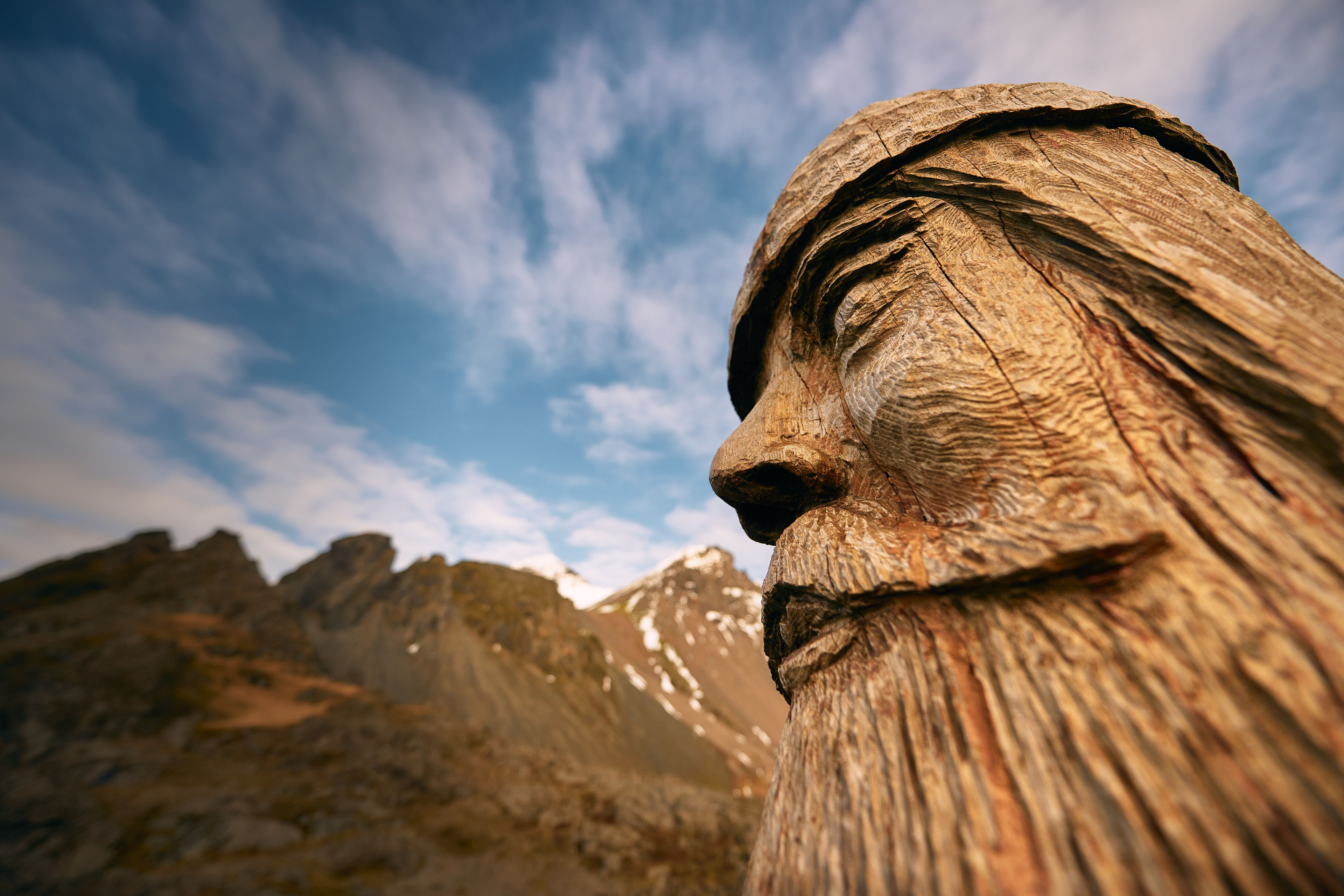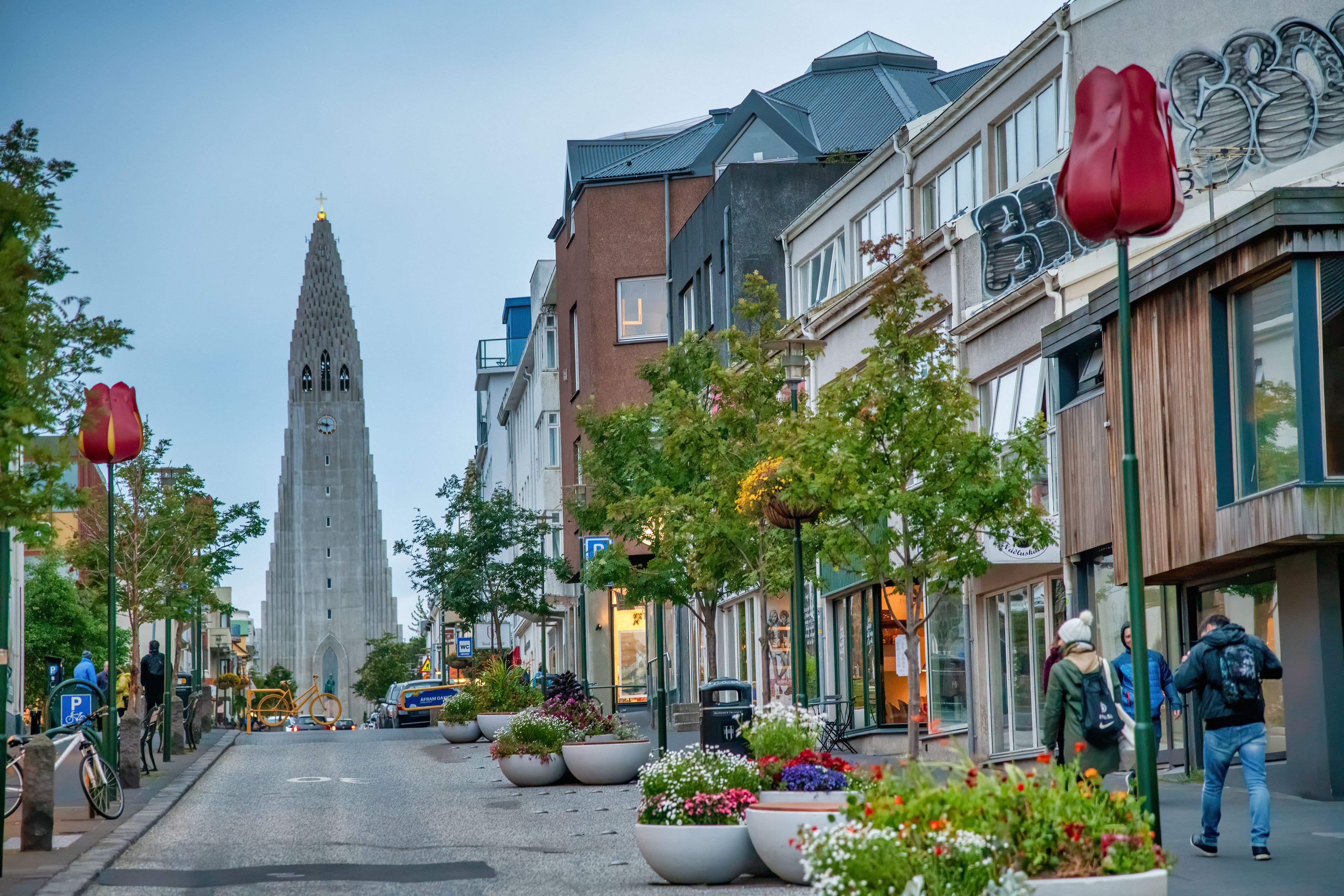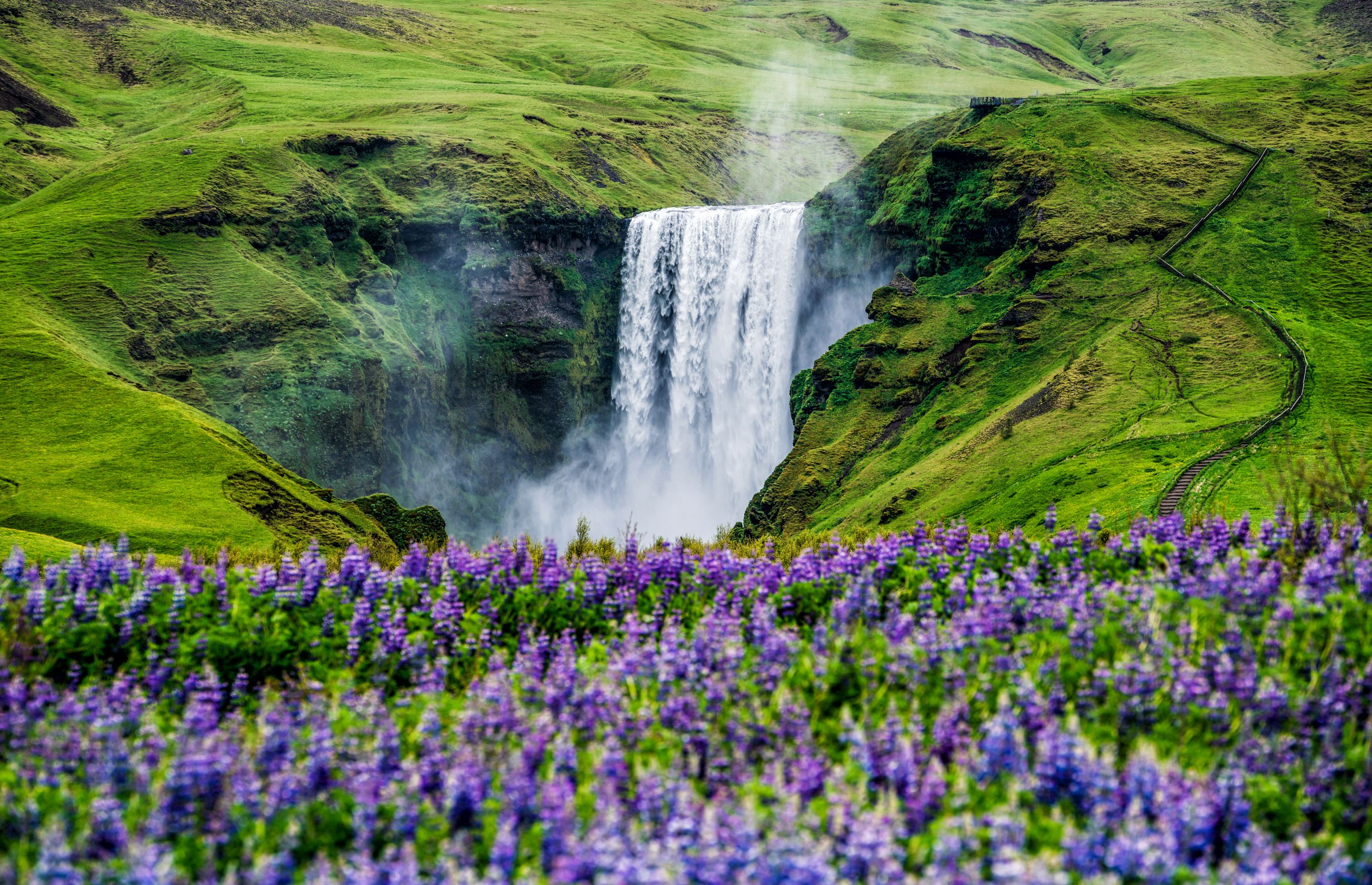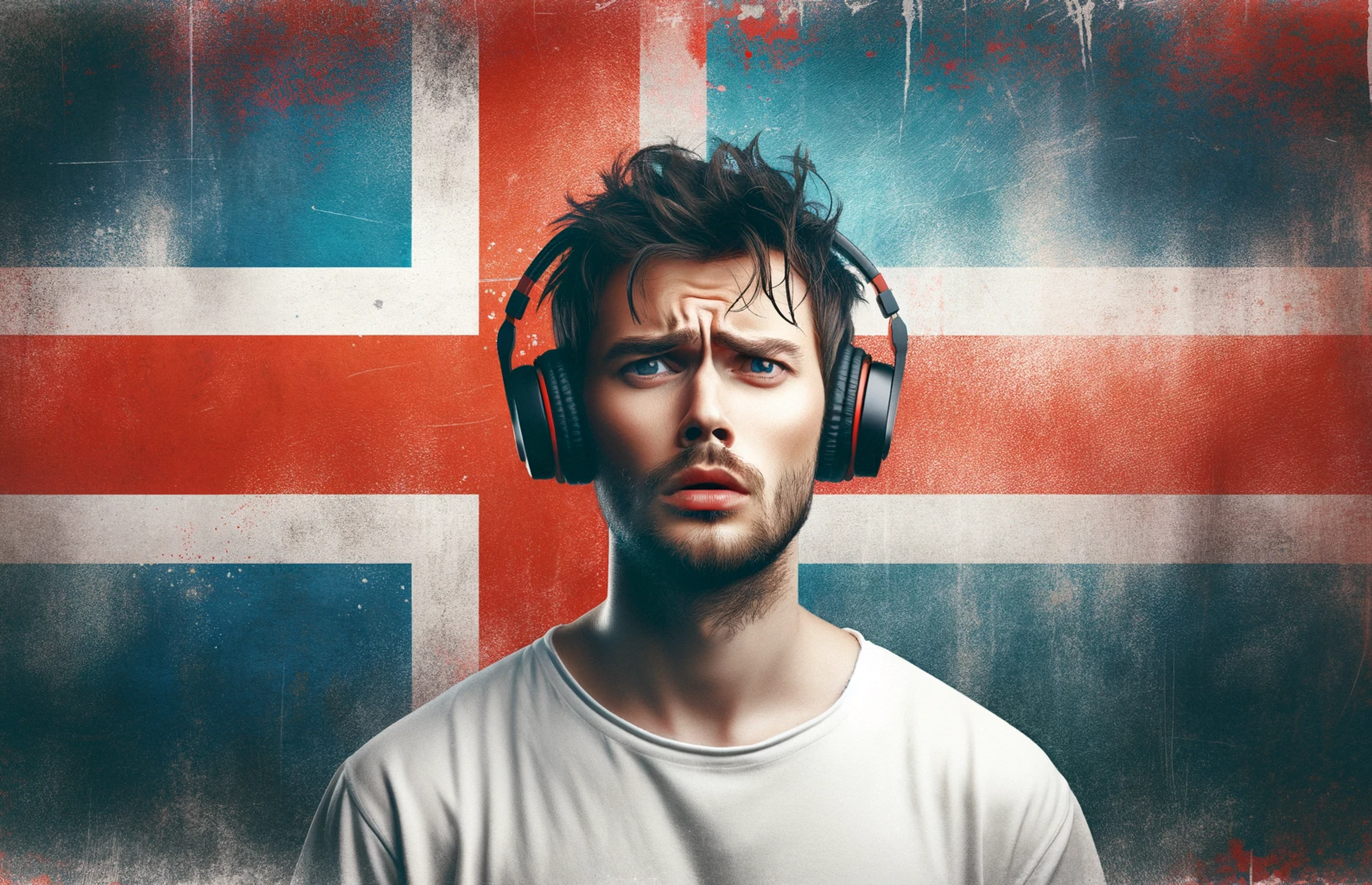 Facts
FactsSecurity and Serenity: Iceland's Remarkable Crime Rate
Iceland is a country known for its cascading waterfalls and breathtaking landscapes. But, did you also know it is one of the safest countries in the world? A perfect dynamic duo for all adventurers and especially solo travelers. We are going to go over what makes this gorgeous country one of the safest out there. From its low crime rates to its affordable healthcare system, Iceland truly is a peaceful and amazing country.
Global Peace Index
How is the data collected for this rare award? Well, there are a few different components. These include earning potential, quality of life, education, and healthcare. The Global Peace Index plays a huge part in what countries make it to this list. It is the world's leading measure of peacefulness throughout the world.
According to their 2022 report, Peacefulness declined to the lowest level in 15 years. This was in result of post-Covid economic uncertainty and the devastating Ukraine conflict. Some other counties higher up on the list are New Zealand, Ireland, Denmark, and Austria. Luckily, even with these unfortunate events, Iceland has stayed on the top of the Global Peace Index List.
But how?
Low Crime Rate
One of the most important factors when looking at safety is the crime rate in the country. The current population of Iceland in 2022 is 345,393. This number plays a big part in how crime rates, or crime index, is calculated.
Basically, you take the number of crimes reported to law enforcement agencies for every 100,000 people within a population.
To give an example the crime index for Iceland in 2022 is currently 23.53, which is low. The United States is currently at 48.16. While Brazil is at 67.01.

The murder rate is extremely low in Iceland too. Homicides are rare and also a big deal if, or when, they do happen. There was a murder in 2019 of a 20-year-old girl, Birna Brjánsdóttir, who went missing after leaving a nightclub in Reyjavik. The very sad news cascaded across the country and it was a huge deal to the people of Iceland.
Over 800 volunteers gathered from all over to help find her. Her body was unfortunately found in the harbor. The country came together for her funeral, a devastating time. In contrast, there were 19,600 people murdered in 2021 in the United States alone. When a murder happens in America, it almost goes unnoticed due to how common it is. They rarely make the news unless it is a high-profile case or a unique situation. This a sad but true fact of how the world can be in other countries. However, Iceland generally has the lowest homicide rate in Europe. This does not include microstates.
So what is the most common crime in Iceland?
Traffic offenses! Honestly, we can thank the tourists for this one. Speeding is the most common ticket dished out by Icelandic Police Officers. As well as accidents on the road.
The general speed limit is about 15-30 MPH in busier areas and 55 MPH on other roads. Be sure to pay attention to the speed limit signs. Tickets in Iceland are expensive.
An average fine is normally between $195 and $460. It just goes up from there. This is probably not the souvenir you want to take home during your Iceland adventure. Instead of speeding, try passing the time with a car game.
The Culture
Believe it or not, culture places a huge part in crime rates and safety in a country. Think of it as the outcome of good morals. If the people of Iceland are happy and agree that violence is mostly unnecessary, that will reflect in most of the country.
Icelanders believe in equal rights which provides an utter sense of happiness. Treating everyone equally is a huge deal here. This means someone wealthy will have most of the same opportunities as someone who is poor. There is also a law in place that women can’t be paid less than men for the same work. This is called the Equal Wage Management Standard and it was introduced in 2018.
There is equality for same-sex marriage as well. It is legal in Iceland that same-sex couples can apply for adoption. Reykjavik Pride is a huge festival that is held annually to support the LGBTQ community in Iceland. It was actually one of the only pride festivals in the world where no one has ever protested. Religion rights are put in place too, encouraging everyone to practice their religion of choice.
Icelanders follow Viking tradition in most of their culture. This is also reflected in dinner spreads or the serving of traditional Icelandic foods. The Vikings ended up being peaceful towards the end of their era. While some came to fight, others came peacefully, to simply settle. The Icelanders like to pick up where the Vikings left off. Providing and encouraging peacefulness to each other and visitors to the country. Therefore resulting in a happier place to live.

Healthcare System
Let’s discuss the healthcare system in Iceland. While health care might not be the first thing to pop into your mind when it comes to safety, it does play a big part. This is due to the well-being of the people living in a country.
Iceland has the world's second-best Healthcare Access and Quality Index according to recent reports. What is that exactly? It is an index scale rated from 0, which is the worst, to 100, which is the best. It is then based on amenable mortality. The HAQ index uses age-standardized, risk-standardized mortality rates for thirty-two causes of death that timely and effective health care could potentially prevent.
Icelanders have universal access to health care, which is also a part of their law. This means the country does not have private health insurance. So the locals of the island depend on the National Health Service. Icelanders will visit state-run hospitals and primary health care centers as normal. But, instead of leaving with a hefty bill, they will have a minimal charge.
You can even see a specialist if needed at a smaller cost average. Normally about 75% of the fees are paid by the government. This is a huge deal compared to other countries. Most people in America, for example, will avoid going to a hospital due to the high bills.
A hospital visit can range anywhere from $1,000 to $20,000, depending on tests and what health insurance you have. This skyrockets the stress levels of Americans and brings up the common question. “Is it worth going to the hospital? Or, “Should I just wait it out.”. Iceland does not have to worry about this type of stress, which gives less anxiety to any sick Icelanders that need care.
This also applies to seeing a specialist. In other countries, specialists are very expensive. One visit alone can be over $500. Sometimes, insurance doesn’t even cover them. So anyone with rare diseases is put in a terrible situation. “Do I spend my rent money on seeing this one doctor?” Or “Do I go to a cheaper doctor who does not specialize in my illness?”. No one should have to make that decision.
The fact that the government in Iceland helps with an average of 75% of those costs is huge. So it is no wonder why the country is a front-runner on the Global Peace Index. Nothing keeps the peace more than being healthy with low medical bills.
There is also medical and psychological treatment offered to criminals. Instead of locking up someone without any help, the country tries to help the best it can.
Iceland’s Police & Army
Iceland does it a little differently when it comes to its police and army. There are police on both land and sea in Iceland, including the State Police, the Coast Guard, and the Customs.
But what makes them unique?
The police officers in the country do not carry guns. They feel they do not need them to protect the country and time is showing that they are right. Instead, they carry a small baton or nightstick. The country is divided into 27 police districts. Every police commissioner is independently in charge of the police tasks in their district. Police commissioners in Iceland are required to have a law degree as well.
Why is it a game-changer that the police do not carry guns? Well, this removes the immediate threat from the police that some people may feel. Instead of being intimidated by them, the people of Iceland embrace them. Feeling more comfortable asking for help when needed. Guns are still popular throughout Iceland too! They are used mostly by farmers throughout the island. Luckily, there are not many crimes related to guns in Iceland at all.
If a situation ever gets out of control, the Iceland version of a SWAT team will be called in. Also known as the National Commissioner’s National Security and Special Forces Unit. They do have access to guns if needed as well as other weapons. Luckily, that is a rare occurrence as the police officers have it normally under control.

No army in Iceland.
This is mostly due to the small population of the country. It would cost a lot of money to build an army up. In addition to this, the Icelanders don't think they need one. So far, they have proven that right!
The Coast Guard is there in case of any potential invasion. They are properly armed and trained to handle any military-esque situation. There is also a military expeditionary peacekeeping force that is on standby. Iceland is part of agreements with every country that is in NATO too. This means the other countries are obligated to protect the country if something happens. This island is all about keeping the peace though. War is a last resort here, which makes Iceland even more respected.
Just because Iceland is rated one of the safest countries in the world, does not mean you should let your guard down.
Danger can happen anywhere, at any time. It is important to always be mindful. Police did say that tourism and immigration have not caused an increase in crime. However, there is a lot of tourism in Iceland and that is expected to grow over the years. Be aware of your surroundings and always have a safety plan in place.
Most importantly though, enjoy the kind Icelandic people and their majestic country. Always ask for help if you feel threatened or need it. The police are there for you, as well as most of the locals,
Disclaimer: The numbers, index statistics, and crime rates in this article are ever-changing. Keep up to date on the index websites for up-to-date information.
Frequently Asked Questions
To answer any remaining queries, here are some frequently asked questions about Iceland being the Safest Country in the world.
Latest Blog Posts
 Weather
WeatherWhat to Expect: Weather in Iceland in July
Iceland, a land of fire and ice, is a dream destination for many. Its unique landscapes and natural wonders are a sight to behold. But what about the weather? Specifically, what can you expect from Iceland's weather in July?
July is the warmest month in Iceland, with long days and mild temperatures. It's a time when the country truly comes alive. In this guide, we'll delve into the specifics of Iceland's July weather. We'll cover everything from average temperatures to daylight hours.
We'll also provide practical tips for travelers. What should you pack? How does the weather impact sightseeing and outdoor activities?
Whether you're planning a trip or just curious about Iceland's climate, this guide is for you. So, let's embark on this journey and explore the mild and sunny July in Iceland.
 Weather
WeatherWhat to Expect: Iceland's June Weather
Planning a trip to Iceland in June? You're in for a treat. Iceland's June weather is a spectacle in itself. With the midnight sun, long daylight hours, and a landscape coming alive, it's a sight to behold.
But what exactly can you expect from the weather in Iceland in June? How does it impact your travel plans?
In this comprehensive guide, we'll delve into the specifics of Iceland's June weather forecast. We'll cover everything from average temperatures to regional variations, and even packing tips.
Whether you're a seasoned traveler or a first-time visitor, this guide will help you prepare for your Icelandic adventure.
 Language
LanguageIs Icelandic a Difficult Language to Learn?
Are you considering learning Icelandic but wondering if it's too difficult to tackle? With its complex grammar and unique phonology, many learners are hesitant to take on the challenge.
However, with the right resources and dedication, mastering Icelandic can be a rewarding experience. In this article, we'll explore the intricacies of the Icelandic language and provide tips for making the learning process more manageable. Whether you're a language enthusiast or simply curious about Icelandic, you'll discover valuable insights to help you on your language learning journey.